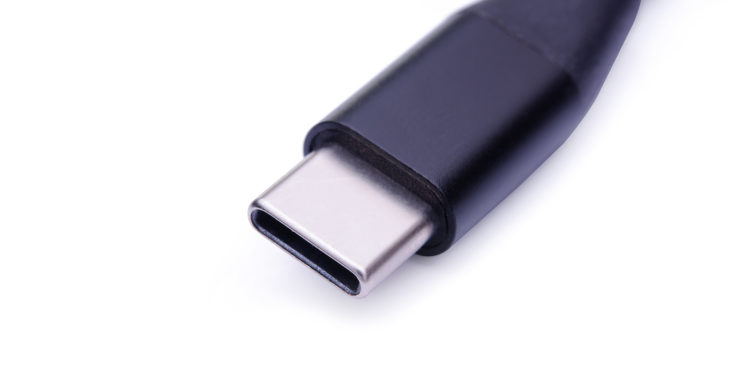The European Union has reached a groundbreaking agreement that will require a variety of consumer electronics devices, including the iPhone and AirPods, to be equipped with a USB-C port for charging by fall 2024.
In one press release The European Parliament's Internal Market and Consumer Protection Committee announced that it had agreed on a law that would make the USB-C port mandatory on a wide range of consumer electronics devices by autumn 2024. The proposal, known as a directive, will force all consumer electronics manufacturers selling devices in Europe to ensure that all new phones, tablets, laptops, digital cameras, headphones, headsets, portable video game consoles and speakers are equipped with a USB-C port, regardless of the manufacturer. Exceptions will only apply to devices that are too small for a USB-C port, such as smartwatches, health trackers and some sports equipment. The legislation is expected to be extended to other devices such as laptops over time.
Is Apple's MagSafe technology also affected?
This "common connector" would be a world first and would mainly affect Apple, as the company uses the Lightning connector instead of USB-C on many of its devices. MEPs believe this move will reduce e-waste, improve product sustainability and make using different devices more convenient. The EU also wants to ensure that wireless charging solutions are interoperable as technology evolves. The new directive proposes empowering the European Commission to develop delegated acts that would force companies to make their custom wireless charging solutions more open and meet interoperability standards so that consumers are not locked into proprietary charging solutions while preventing fragmentation and reducing waste.
Directive has been revised
It is not clear whether this would include Apple's MagSafe charging system for the iPhone and AirPods, as it is based on the Qi wireless charging standard. In 2018, the European Commission attempted to find a final solution on the issue, but it failed to come into force. At the time, Apple warned that forcing a common charging port would stifle innovation and create electronic waste as consumers would be forced to switch to new cables. Last year, the EU resumed its efforts, with the European Commission taking the lead in revising the directive. In April, the Internal Market and Consumer Protection Committee voted in favor of the directive with 43 votes in favor and just two against.
iPhone 15 could use USB-C port
This must be formally adopted by the European Parliament and the European Council later this year. It will come into force 20 days after publication in the EU Official Journal and its provisions will be applied to new devices after 24 months. Both Apple analyst Ming-Chi Kuo and Bloomberg's Mark Gurman have said that Apple is testing a version of the iPhone that has a USB-C port instead of a Lightning port. Kuo believes that Apple could switch the iPhone to USB-C starting with the iPhone 15 in 2023, before AirPods and other accessories follow at a later date. This timeframe would allow Apple to switch the affected devices to USB-C before the EU directive comes into force. Are you interested in the iPhone SE 2022? In terms of price, the entry-level model is currently from 408.27 euros available. (Photo by NaMaKuKi / Bigstockphoto)





